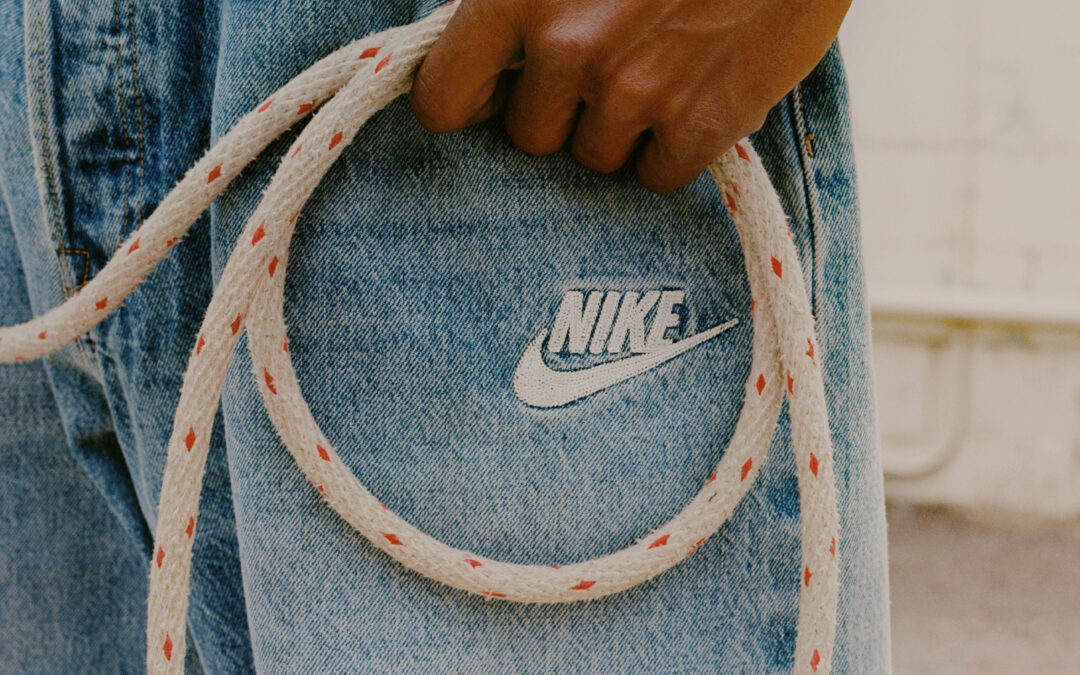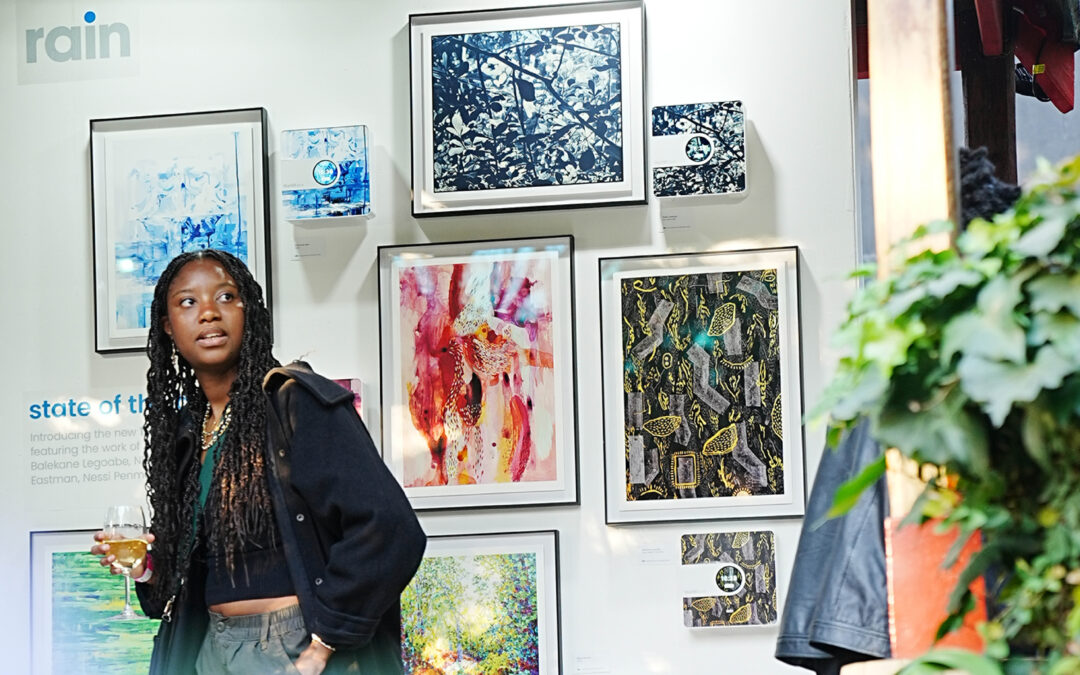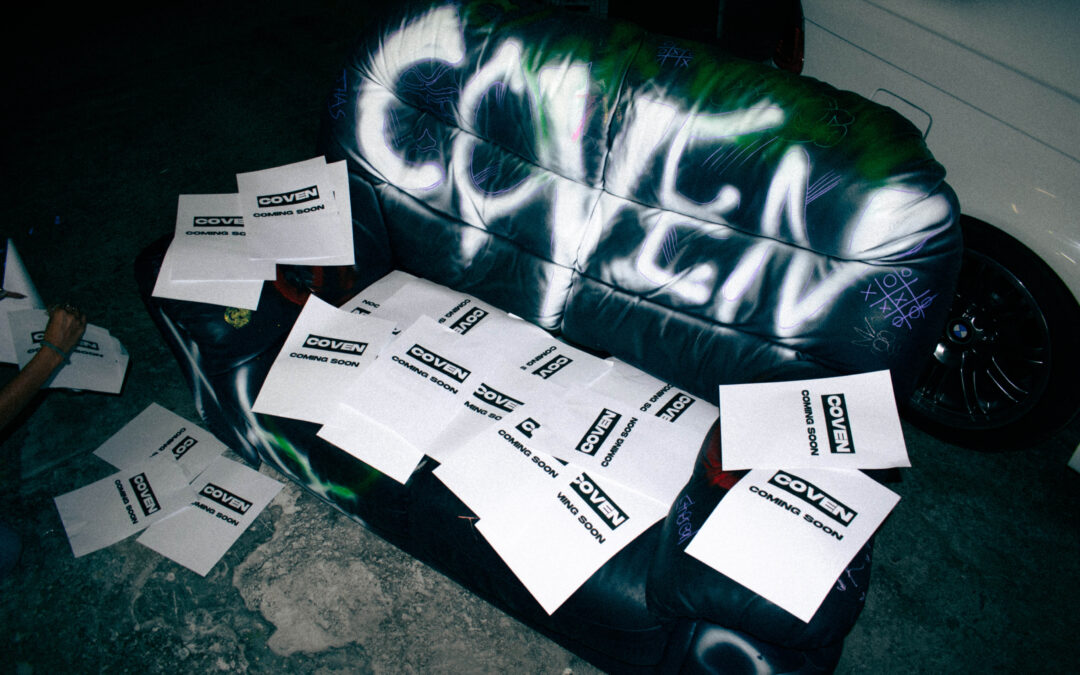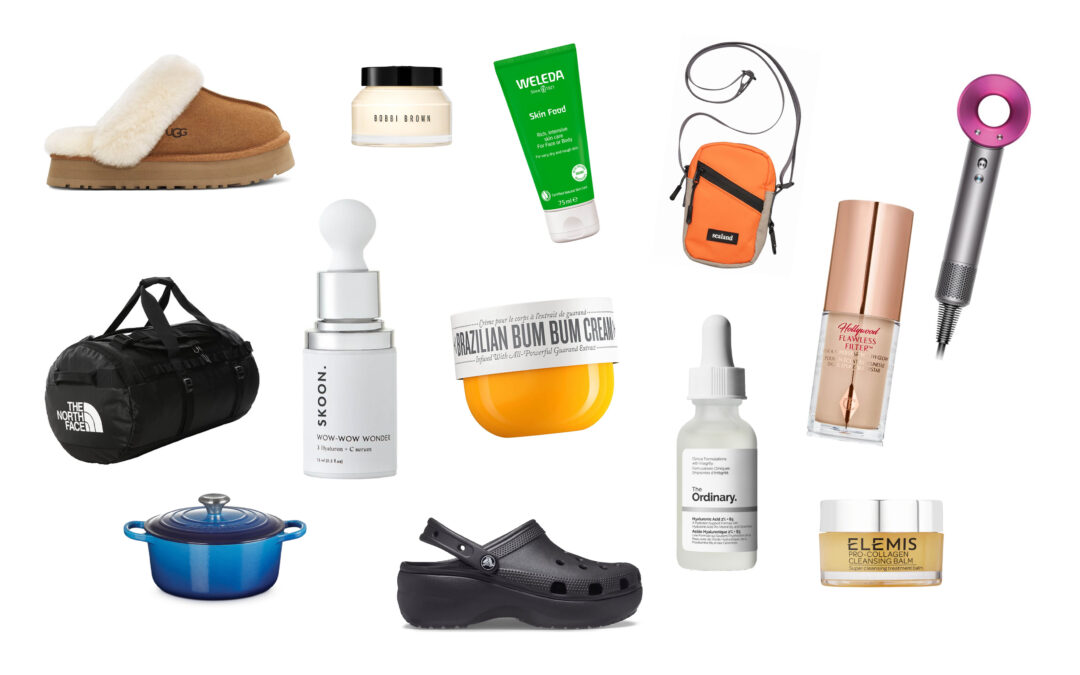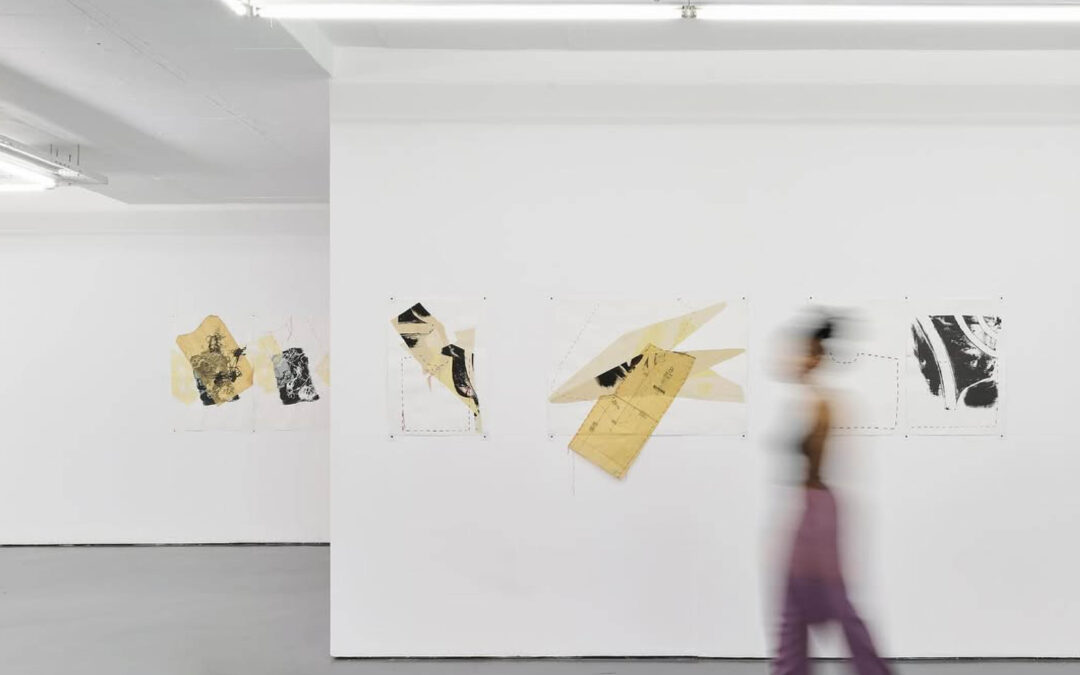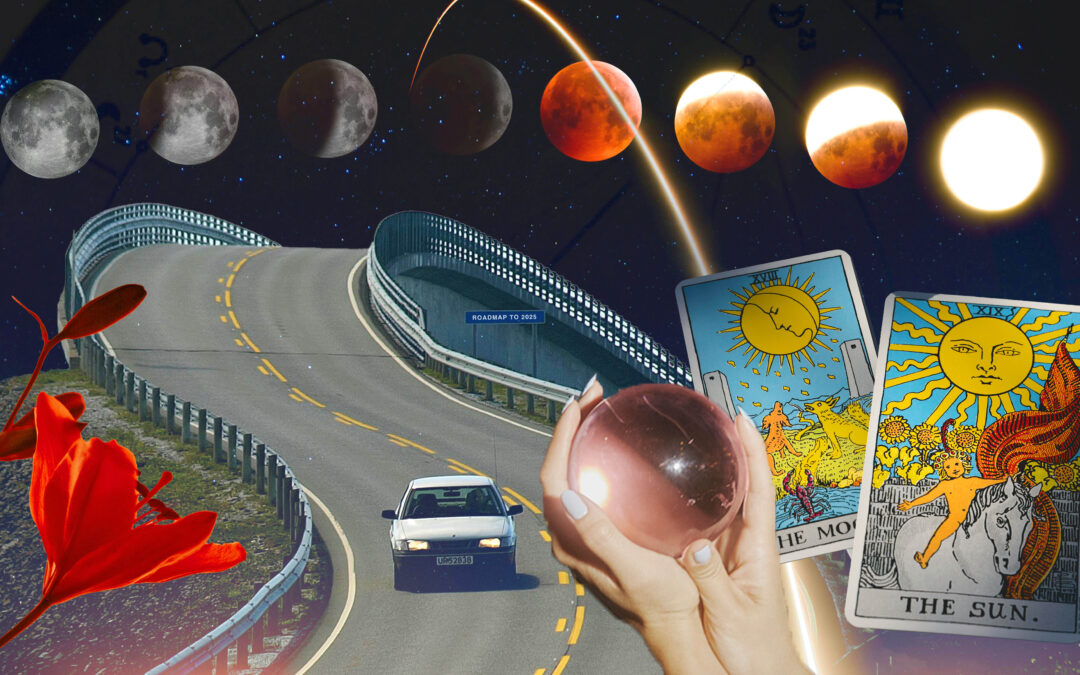Let’s talk about dagga. The so-called original temptress, the gateway drug, the brain-cell killer and if my primary school Life Orientation teacher was to be believed; the devil itself. Like many other drugs, the list of stigmas surrounding marijuana is about as long as the list of slang terms you can use to refer to it (around 1200, if you were wondering). In recent years, the motivations for the marijuana plant and its myriad of benefits has been central in the collective conscience. Here’s a rundown of dagga and the legal liminal space in which legislation regarding legalisation finds itself in our country right now.
I want to start with my relationship with marijuana to set the scene. I don’t have any early recollection of my parents or their friends ever smoking, even though I now know many of them did and still do to this day. My first introduction to pot was not some secondhand exposure. I was probably around Grade 10, wet behind the ears and extremely annoyed at everyone and everything as it should be at the peak of puberty. A friend of mine, who will remain anonymous, got a contact from a matric student. “Go to this guy. He’s solid, don’t worry.” The “solid” gentleman in question was, in fact, a dude hanging out in the parking lot of a Spar in Linden. Every fibre of my being felt uneasy as two obviously young men stepped up to the dealer in question. “How much for a bankie?” my friend asked with not a tremor in his voice. On the other hand, I was an absolute ball of anxiety, a feeling that still sticks with me to this day whenever I buy any form of drug, no matter how tame it is. I can’t remember exactly how much we paid, but it was undoubtedly overpriced. Getting financially screwed over on a couple of bankies at the start of life as a stoner is somewhat a right of passage, I feel. We handed him the money and he handed us some overly dry buds wrapped in the back pages of the Mail & Guardian (a man of culture, nogal) and told us to voetsek.
Now that first bankie was, as you’d expect, atrocious. A good old dry husk of seed-filled Swazi outdoors that tasted of diesel and disappointing our families. Maybe the absolutely laughable joint we attempted to roll didn’t help, but that was how it all started. By uni days at Stellenbosch, we’d get sent menus on Whatsapp, and whatever you ordered would be delivered to you by a sweet old Afrikaans oom, or you’d stand in queue on Banghoek Road to buy from a dealer half of the town expected was a narc. Long gone were the days of bad joints and even worse weed. Now it was all about bong rips and being a connoisseur of sorts.

A lot has changed since the days of those shady drug deals. South Africa’s cannabis future has seen a host of activists, business people and everyday users fight to bring this humble plant out of illegal obscurity and towards a legalised future. As of 2018, the Constitutional Court passed a bill decriminalising the use and growing of cannabis on your own private property. This fundamentally changed the manner in which South Africans could interact with the once heavily illegal substance and subsequently started an absolute gold rush by entrepreneurs trying to get ahead of the cannabis commodity boom that was bound to happen.
Where do we stand now? It’s been all but five years, and yet there is still an air of uncertainty, loopholes and lacklustre policy pushing that has left not only the public but the growing professional, marijuana market players scratching their heads. Nowhere has this become more apparent to me than in the research of this article, as the issues lie in the broad scope of the current legislation. Although regulations have been tightened or, somewhat more aptly, given more clarity since the original Constitutional Court decision, there is simply still too much grey area to navigate. We know that the use is limited to personal use within a private residency. We also know that there is a limit to the amount of cannabis an individual may possess. Each individual is allowed 600g of dried cannabis or 1,2kg per dwelling. As for flowering plants, it’s a very similar amount; four flowering plants per person or a total of eight flowering plants per dwelling. It is precisely here at this juncture that the state has yet to move legislation beyond this legal limbo. It’s absolutely fantastic that stoners and social smokers of sorts don’t have to be subject to unjust and unconstitutional rules, but the path to the actual end goal has seemingly not become any clearer.
Let’s not beat around the bush (pun fully intended). The cannabis industry is an absolute mind-boggling commercial power. You need only look at the likes of the US, in which the cannabis industry is projected to rake in revenue of $33.88 billion in 2023. Even our landlocked neighbour Lesotho is further down the line than us legislatively, with the 2019 African Cannabis Report projecting that Lesotho’s industry would be worth at least $92m by 2023 astonishing, really, given just how much smaller of a market it is.
So what are the projections like in a South African sense? Well, it is no secret that President Ramaphosa is very keen on industrialising the industry. ”We will review the policy and regulatory framework for industrial hemp and cannabis – which will come as sweet news for our people in the Eastern Cape and KwaZulu Natal – to realise the huge potential for investment and job creation. Now this natural product, which our people have been farming with and harvesting for a number of purposes, is going to be industrialised – and no longer just restricted to the smoke process!” he stated at the 2022 State of the Nation address.
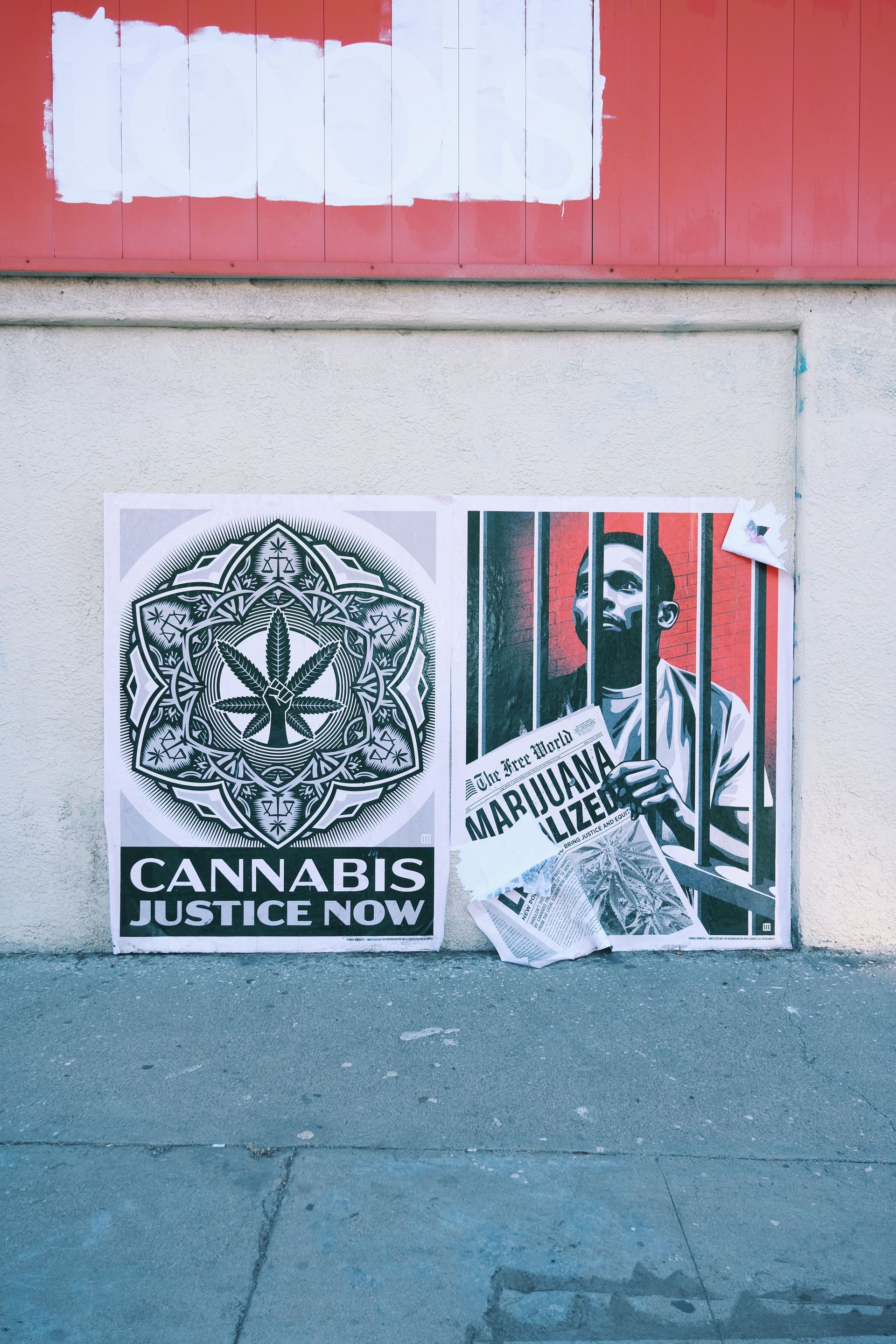
Mike Von, Unsplash
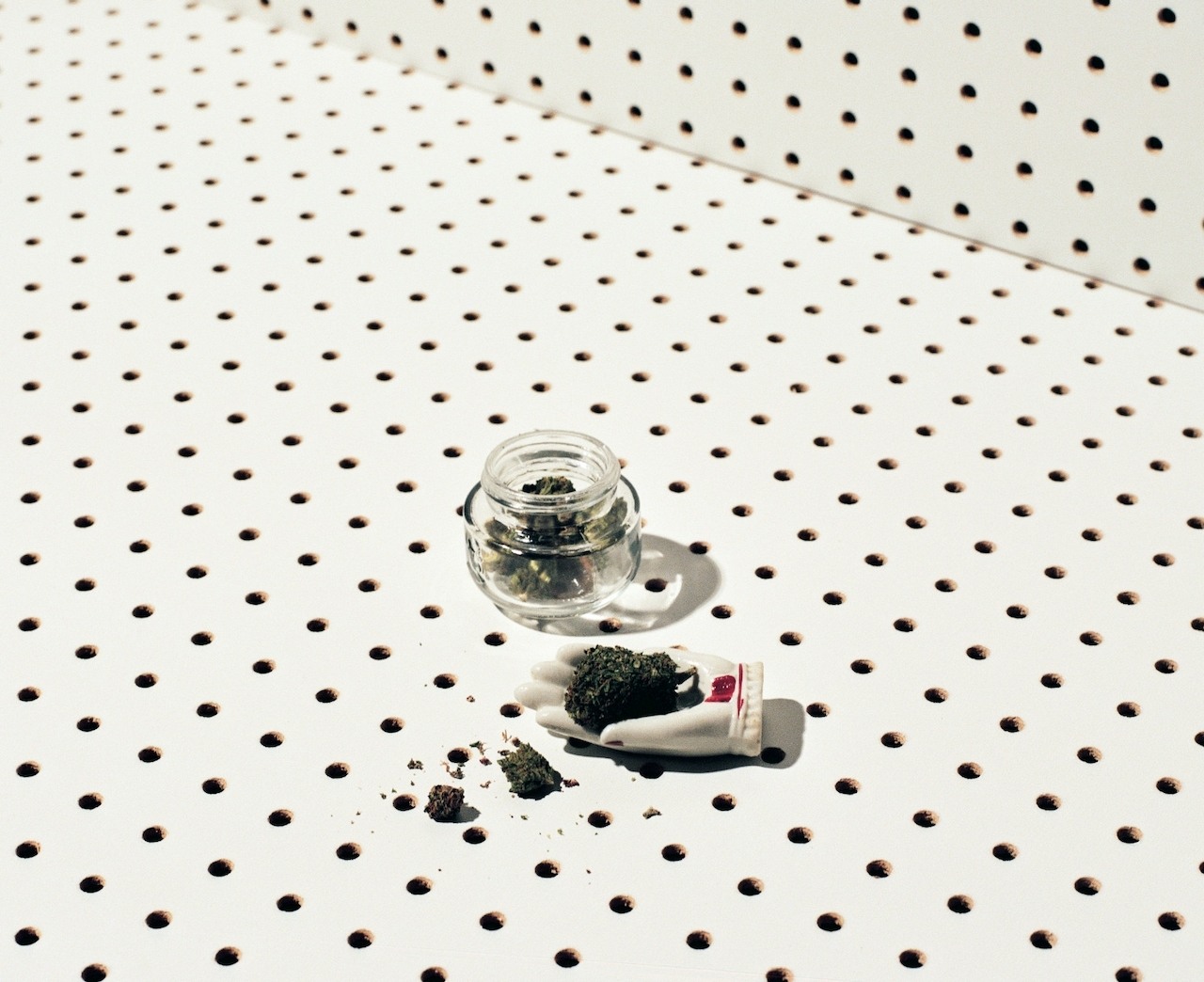
DTS, Cannabis Mouthwash Studios
Some estimates point to the immense job creation power that the industrialisation of the cannabis industry would bring to the South African market. Well, according to Ramaphosa, around 130 000 new jobs are a welcome figure in a country with sky-high unemployment statistics. More impressively, however, is the sheer economic impact the industry could prove to have. However, according to a report by the Mail & Guardian (what a full circle moment for this article), in 2021, the South African cannabis industry had an estimated worth of R87.7 million. By 2026 this figure is projected to reach R406.3 million, with a projected growth rate of 28.4%.
London-based cannabis industry analyst Prohibition Partners had an even more positive outlook starting in a 2022 article with the BBC that “legal cannabis trade on the continent is set to rise to $7bn as regulation and market conditions improve, with Africa’s top producers by 2023 will be Nigeria with $3.7bn, South Africa $1.7bn, Morocco $900m, Lesotho $90m and Zimbabwe $80m.” That is an extraordinary injection of capital into an economy that is pretty much stagnant.
We are still in legal limbo concerning the commercialisation and industrialisation of cannabis in South Africa, but I am actually keeping my hopes up for once. Simply put, money talks, and this industry promises to be such a honey pot that the government will find a way to push legislation through, but this doesn’t mean that my optimism is without concern. Once again, this is an industry that could prove to be unbelievably financially robust, and I think I, like many other South Africans, would be a bit wary of how the government chooses to get involved with it. A R400 million industry can soon become an industry fattening pockets rather than providing for the people. But frankly, I have a far bigger concern, which has, for the most part, already somewhat come to fruition. How do we shape legislation to include SMMEs (small, micro and medium enterprises) rather than creating an industry that benefits only the pockets of the elite while widening the income gap?
Simply put, how do we adjust legislation not to price out small-time growers or traditional growers? At the moment, there aren’t any clear answers, and these farmers are simply being priced out of the wider global market, “growing cannabis to export for medicine is not feasible for small-scale farmers, because of the eye-watering costs. It requires a licence from the South African Health Products Regulatory Authority (SAHPRA) which costs about $1,465. Besides the licence fee, to set up a medicinal cannabis facility you need about $182,000 to $304 000, which is beyond the reach of many traditional growers.”

Esteban Lopez, Unsplash
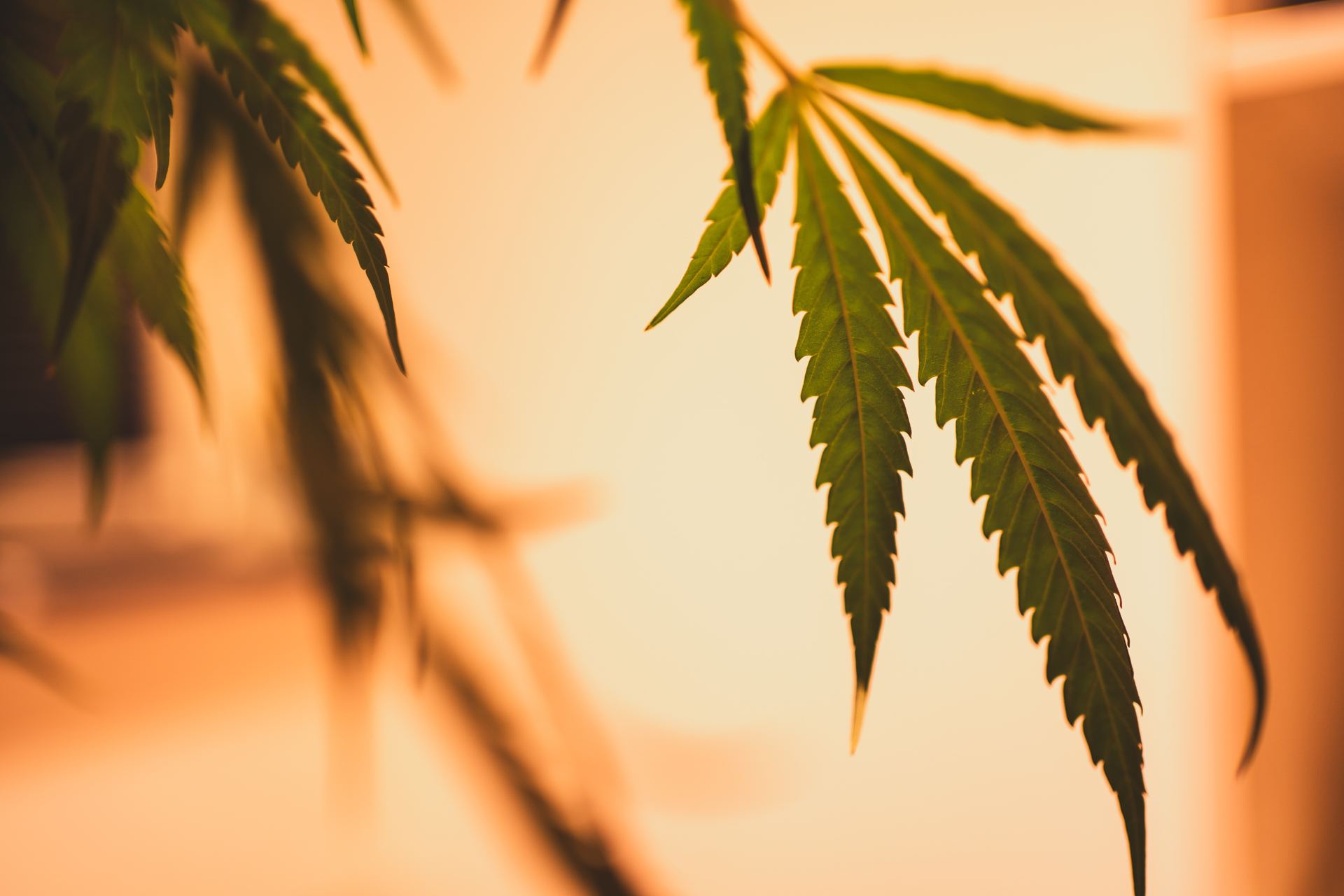
Andre Taissin, Unsplash
In addition to the logistic challenges of growing a regulated cannabis industry, are the concerns of its portrayal in the collective conscience. Michael Stringer is the CEO and founder of Bassani Medical – premier cultivators of medicinal cannabis. On adult-use regulation, he feels we still need to shift our thinking around the presence of this plant in everyday life, “as much as I am an advocate of medical cannabis, I have some concerns about immediate implementation of legalised adult-use cannabis and this is mainly due to the socio-economic conditions in South Africa. If we are to industrialise the cannabis economy we have to create clear and unambiguous laws detailing responsible adult use. In support of this plan, we need to destigmatize cannabis through a well balanced and effective education system and social media is a great place to start – let’s portray cannabis for what it is – safer than alcohol with significant medical benefits, unlike alcohol.”
This is an exciting industry with talks of more transparent and open regulations. The future of the South African cannabis industry looks bright. So go and grow that grass, but always remember to be responsible with the zol, just like Tannie Dlamini Zuma warned us.
Written by: Casey Delport
For more news, visit the Connect Everything Collective homepage www.ceconline.co.za



